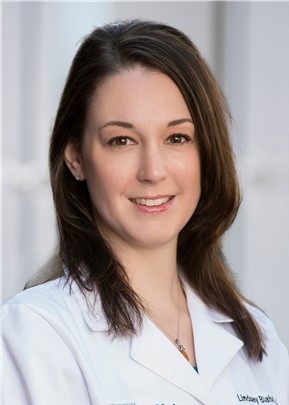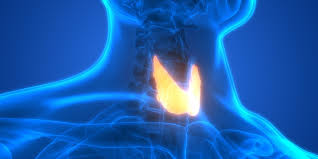
Why should I take a desiccated thyroid or compounded thyroid instead of Synthroid? To answer this question it is important to explain the difference between T4 and T3. T4 is a prohormone.
When a patient is given a medication that contains only T4- such as Synthroid, Levoxyl, Levothyroixine, Tirosint- the practitioner is hoping that the patient’s body is going to naturally convert this T4 prohormone into the active hormone called T3. Unfortunately, not everyone does this very well. In fact most of our patients don’t do this well at all, for various reasons, which is why many patients don’t feel better when they take a product that only contains T4. T3 is the active hormone. T3 is needed for fat loss, improves lipids, protects against arrhythmias and heart disease. Some studies have also shown how optimal levels of T3 is beneficial for Breast Cancer and Alzheimer’s dementia. So, T3 is a really big deal!
Also, it’s important to OPTIMIZE the TSH and free T3 levels. Just being in the “normal” range is not good enough. Because raising T3 at the tissue levels cannot usually be accomplished with T4 alone, taking a Desiccated Thyroid product like Armour, NP thyroid, Nature-Throid, WP Thyroid or having it compounded from a compounding pharmacy is much better than taking T4 alone.
~Information provided by Lindsey Blaha, AB Hormone Therapy PA-C.
To book a consultation with Lindsey Blaha, PA-C or to learn more about our program visit www.abhormonethera.staging.wpengine.com.

References:
Francesco S. Celi et al. Metabolic Effects of Liothyronine in Hypothyroidism: A Randomized, Double-
Blind, Crossover Trial of Liothyronine Verses Levothyroxine. J Clin Endocrinol Metab. 2011 Aug 24.
Ortega-Olvera C, et al. Breast Cancer Res. 2018 Aug 9;20(1):94. Thyroid hormones and breast cancer
association according to menopausal status and body mass index.
Quinlan P, Horvath A, et al. Psychoneuroendocrinology.2018 Sep 5;99:112-119. Low serum
concentration of free triiodothyronine (T3) is associated with increased risk of Alzheimer’s disease.







